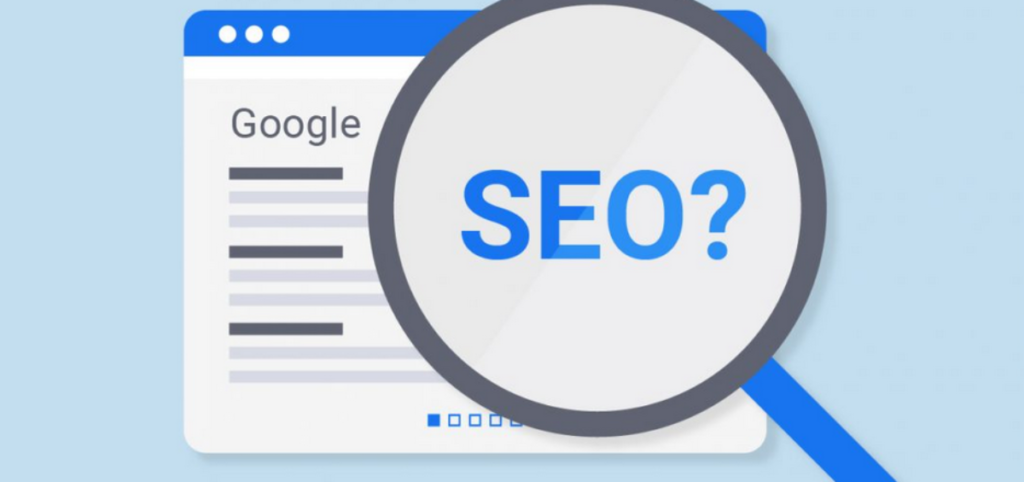SEO or search engine optimization is all about getting ranking high on search engines. There are plenty of resources and videos available on how to get your SEO right. Website optimization allows your content to be found in organic searches. You also gained in-depth knowledge about the four pillars of a solid SEO strategy – On-page, off-page, technical, and content optimization.
As a beginner, you have gained a lot of knowledge but there are things you will hesitate to ask professionals at Los Angeles SEO Agency. Here are the answers to those questions people always ignore to ask.
How is organic search different than paid search?
Organic search results are based on search engine algorithms and are free. Inorganic or paid searches appear at the side or top of the page. These are sponsored ads that are seen above the organic search results.
What are Meta Descriptions? Why are they important?
A Meta description tag appears below your webpage topic in SERPs. It plays the role of ‘organic ad text’. Meta description is revealed as the web page summary by search engines. Therefore a compelling Meta description including targeted keywords can increase CTR on organic search results. An increase in click-through rate means more visitors to your site.
Should the domain name include keywords for optimization?
If your business name has the keyword it is fine but if it doesn’t then don’t include keyword optimization. It can damage your SEO.
What is the difference between inbound and internal links?
Internal links connect pages within your website. Internal links map your website, which helps crawlers rank better. Website visitors stay longer with internal linking, which is good for SEO.
Inbound links or external links or backlinks are links directed from another website to your website. For example, you placed your business URL on your Facebook profile, which is regarded as an inbound link. Backlinks have a vast SEO impact on online visibility.
Why does link quality matter in SEO?
The search engines use links in two ways: To find new pages and to determine the page’s rank in their results. High-quality links are vital. Low-quality links to your site are not acceptable. This could make your site appear spammy and Google won’t trust your site as much. It is important to have authoritative links linking to your site.
When to Use Dofollow vs. Nofollow Links on Your Site
The dofollow links allow search engines to point toward your blog or website. Every time a do-follow link is inserted on your site, it strengthens your authority. Search engines can see which other posts, blogs, and sites are connected to you. It means the link juice from users will be passed on to you. Therefore when you insert external links, ensure they come from an authoritative domain because it is crucial for your blog’s or website’s authority growth.
The nofollow attribute should be used for advertising, sponsored blog posts, text link ads, and any other links that result in paid relationships. This helps Google know that you aren’t trying to manipulate the system by using a linking scheme.
Any content that could be considered “untrusted” should use the nofollow attribute to the link. If you allow comments on your site, use nofollow attribute.
Make sure to hire the right SEO professional, who is experienced and stays updated about fluctuating Google algorithms.

